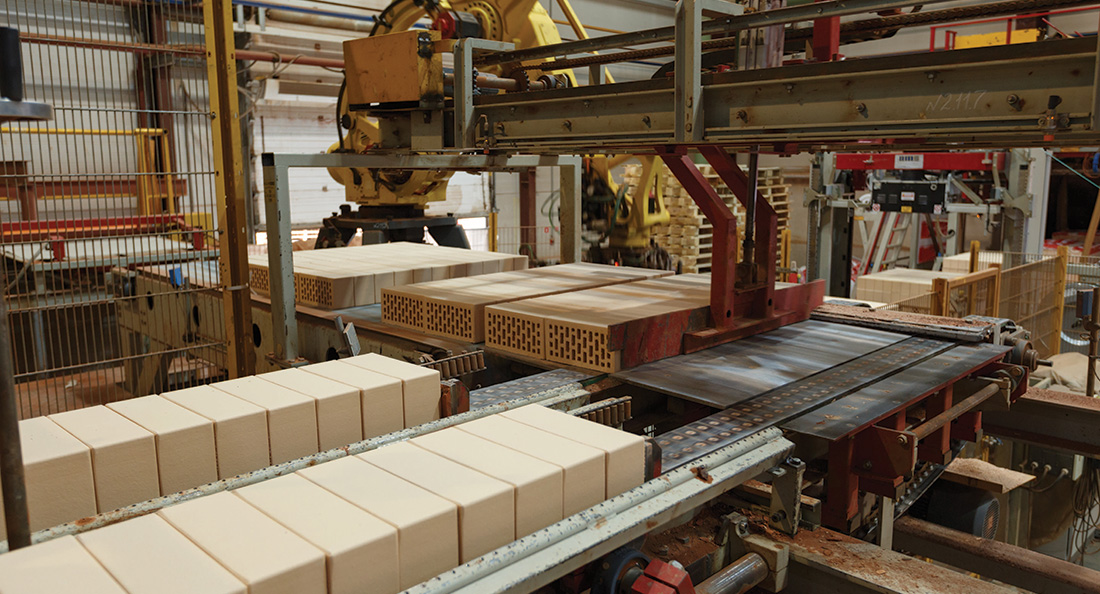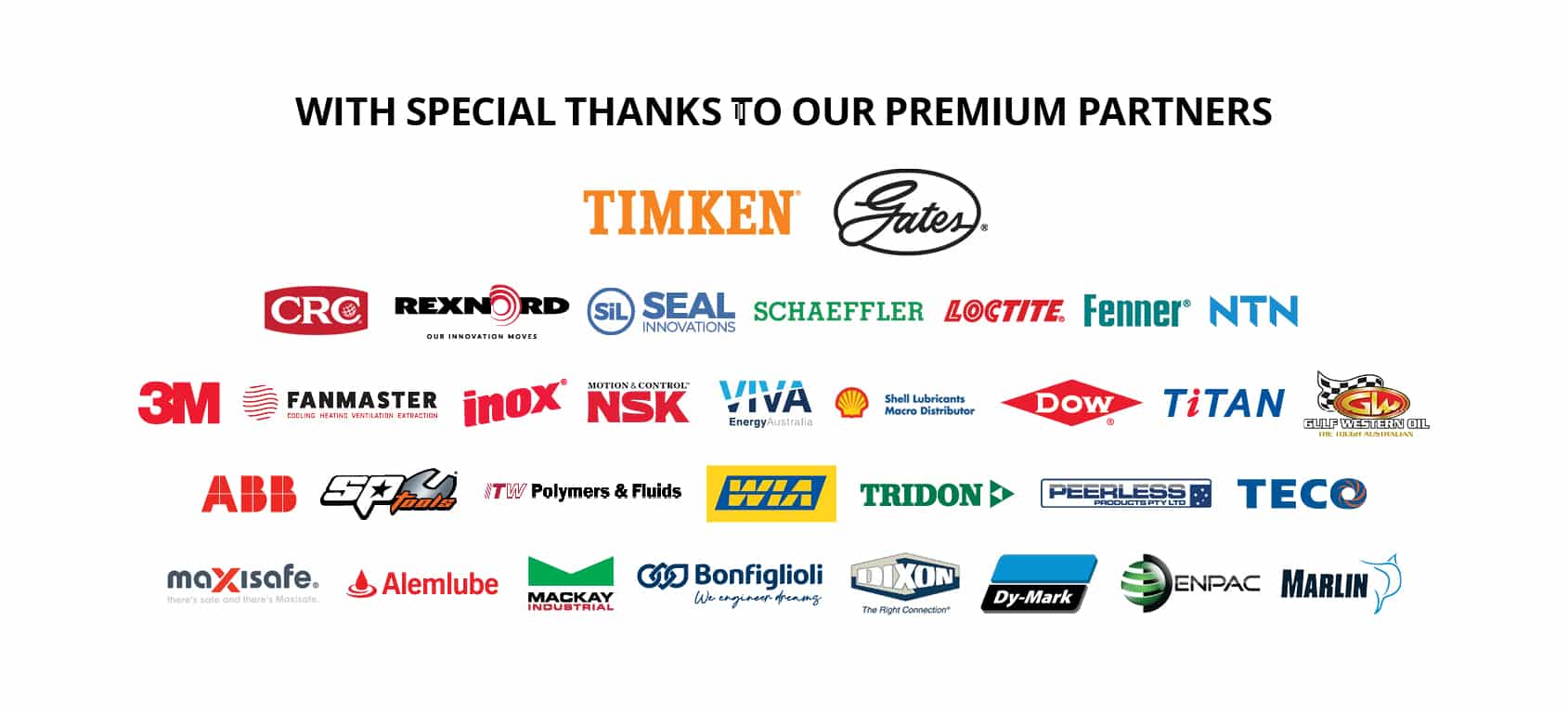
20 Mar Keeping plant operations slick with multipoint solution
The most common cause of bearing failure in an industrial plant is improper lubrication. Which is why a multipoint lubrication system is recommended, particularly for large operations such as those typical in the building material manufacturing sector, says lubrication expert Mandar Shivalkar.
“The key point to understand is that over-lubrication can be just as damaging – if not more so – than inadequate lubrication. And we know that 35-40% of bearing failure is due to incorrect lubrication,” explains Shivalkar, who is the National Product Manager of Lubricators and Level Monitoring Systems with Alemlube. “Having a reliable multipoint lubrication system will resolve the multiple issues that surround lubrication in an industrial plant.”
CBC Australia’s National Product Manager for Lubricants, Steve Keown, agrees and acknowledges the need for efficiency in manufacturing operations that service the building sector.
“In a plant where you may have 50 or even 500 lubrication points, single point lubrication is not cost-effective from either a labour or a site maintenance point of view,” explains Keown, who is CBC Australia’s National Product Manager for lubricants. “One multipoint or group of multipoint systems to deliver lubricant to where it is needed – be that a series of chains, bushes, or bearings – is the most efficient and easiest to manage.”
Shivalkar further points out that an industrial environment will present occupational health and safety challenges as well.
“Access to lubrication points may be limited because of the risks associated with the machinery or the building materials that are being manufactured. Workers may have to adorn special protective gear to access certain areas, or there may be issues with contamination of the product,” he explains. “When an operation has to turn off machinery in order to top up the lubrication, that is a major issue, because that translates to lost productivity.”
The Alemlube ‘Pulsarlube’ multipoint lubricators resolve these issues.
“Benefits of the multipoint system besides the obvious – which is that it can dispense to several points compared with a singlepoint unit – is that it can be mounted outside of the area. Because the units are high pressure – they can take up to 60 bar max – and can be installed remotely,” Shivalkar elaborated. “Additionally, the unit can be as far as 6 metres from the dispense point for a multipoint set up, and 8 metres for single point, which is a big advantage as you don’t need to stop operations to change anything with the grease lubricator.”
There are also a number of customisable options for manufacturers to choose from, says Shivalkar.
“The first option is machine synchronised – usually with the power, so when the power is on, the lubrication unit is on and vice versa when the power is off. Another option is the Pulsarlube Mi series which uses vibration-activated lubrication,” he explains. “Then there is the PLC option, where the unit is hooked up through the existing PLC system at the plant. Also, we have the BT series, which is works with Bluetooth and a mobile app. You can do easy maintenance by monitoring via the mobile app within 5-20 metres, so this is a great option in factories where contamination is a risk, or you cannot get into those positions [where the lubrication units would be set up] easily.”
Importantly, Alemlube and CBC work together in providing customisable multipoint lubrication systems to customers within this segment. CBC not only acts as a distributor of the Alemlube products, but is critical in being able to tailor lubrication systems to suit the end customers.
“A key example – and another advantage of our multipoint offering – is that a customer can buy a service pack and supply grease cartridge, and we will fill the pouch with the grease of the customer’s choice,” says Shivalkar. “As CBC work with a large number of suppliers, including other lubrication companies, they are able to customise to the customer’s needs. We see our relationship with CBC as mutually beneficial – we offer them the product, services, and training, but they also have a wide range of suppliers, an extensive network of branches and technically-trained staff. For the end customer, the most important benefit is having access to available stock as well as reliable lubrication systems that are customisable to their specific needs.”
Keown also points out that the Alemlube name is well-known across all industries in Australia – for good reason.
“Certainly, the products we purchase from Alemlube are of a global standard and they have a highly reputable name in the marketplace as a multipoint lubricator. The parts are readily available for the units as well and we don’t have any comeback or failure rate with the units, they’re very reliable and robust,” Keown enthuses.
“CBC and Alemlube have been working together for a long period of time, and both companies are recognised and trusted in the industry. We’re also both national and have branches throughout Australia, so really it’s a perfect match for us to work together in local markets with local teams and with local staff to provide customer solutions.”

